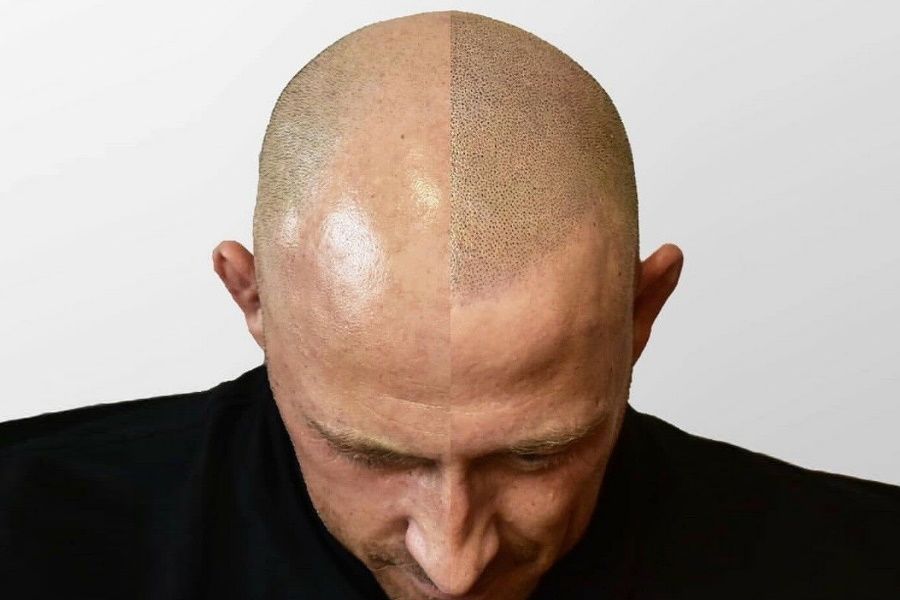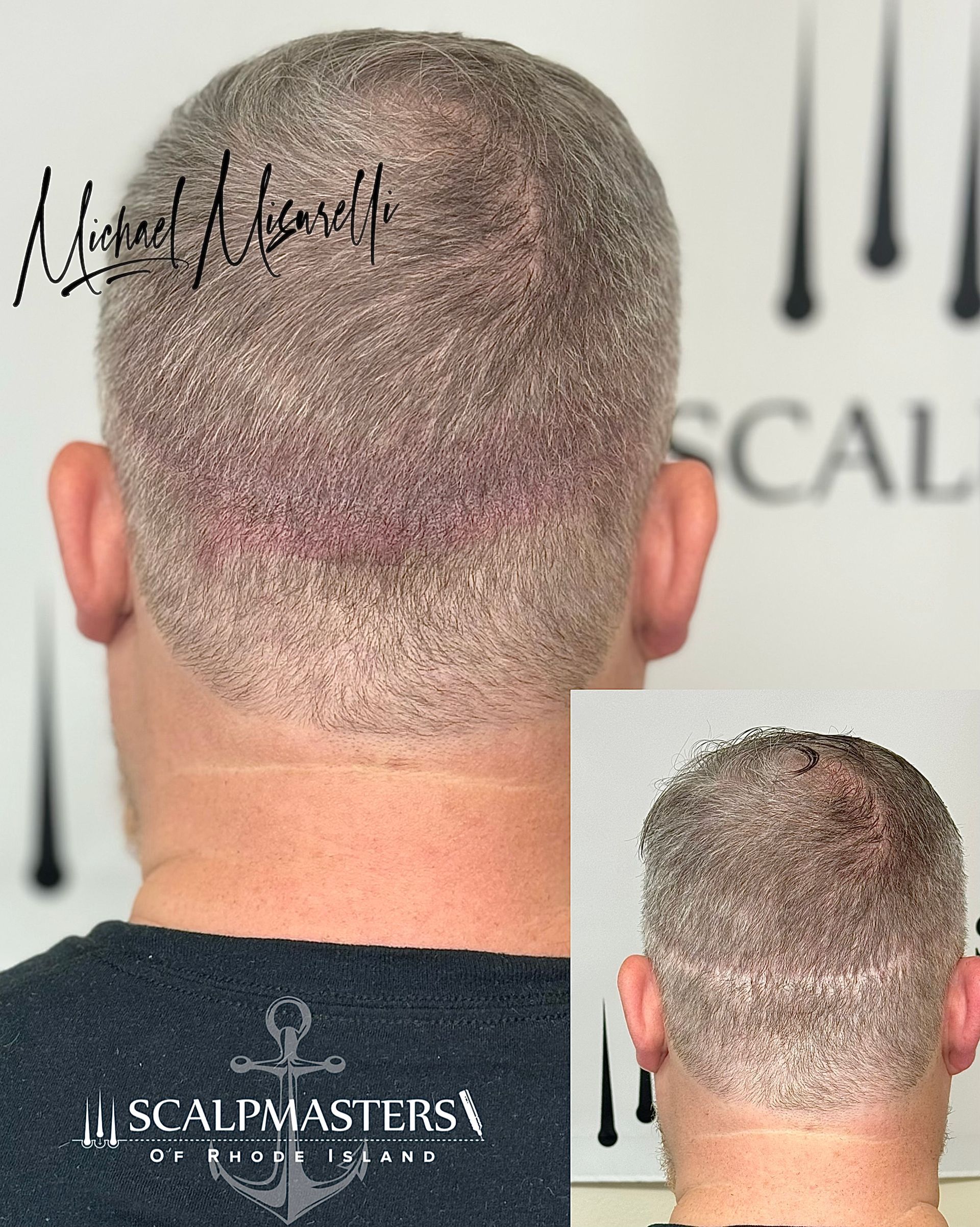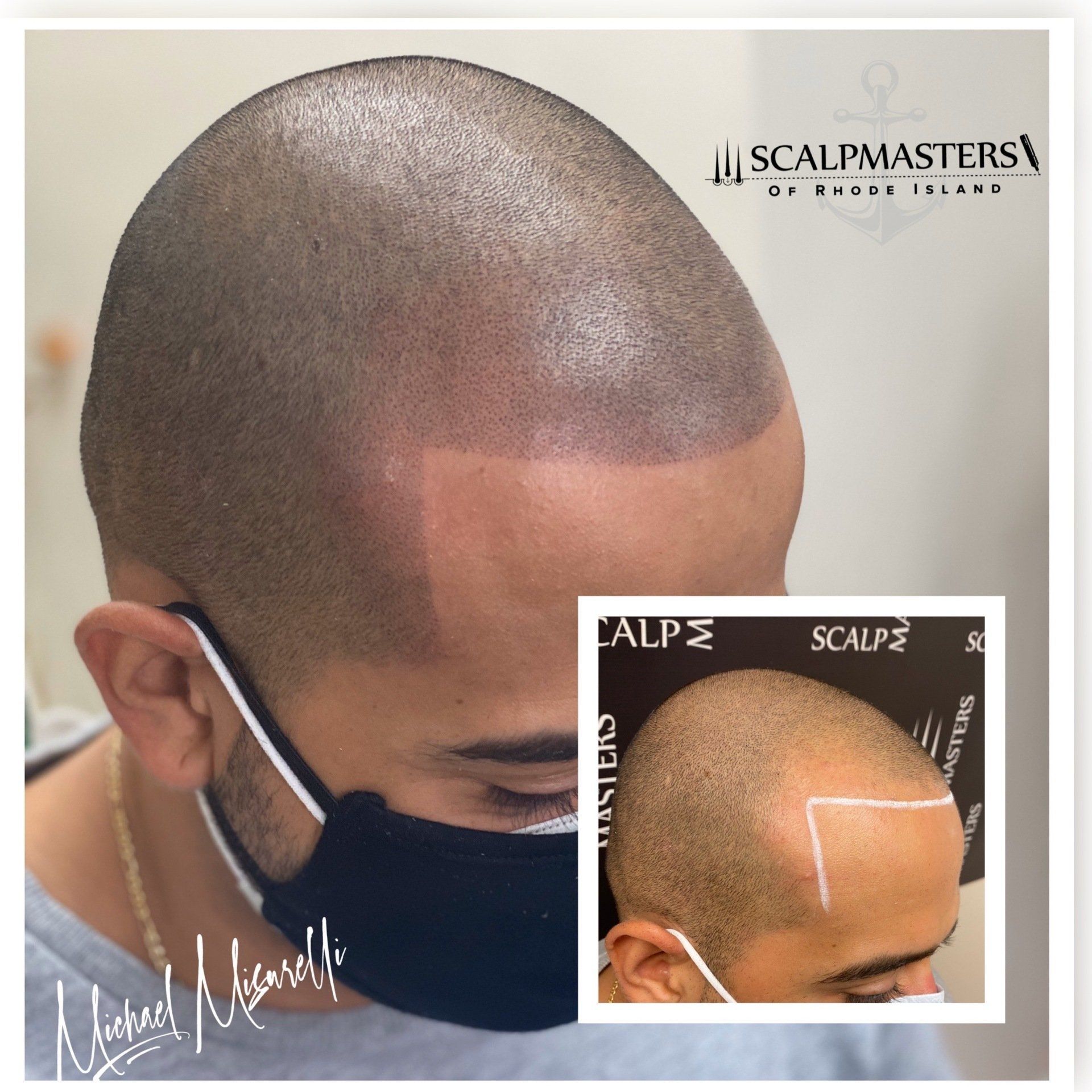Does Prednisone Cause Hair Loss?
Prednisone is a steroid that is commonly prescribed by doctors in order to treat a variety of conditions, including allergic reactions and autoimmune conditions, such as anemia or arthritis. While prednisone may prove to be a worthwhile treatment for these conditions, and many others, it also has many adverse side effects.
It's important to be aware of these side effects when you are taking prednisone. If you find that you have suffered from some of this medication's adverse side effects, you may find that there are treatment options available to you.
What are the Side Effects of Prednisone?
Prednisone is a powerful treatment that is highly effective, and may be prescribed for a variety of reasons by a physician. However, there are some side effects that you should be aware of. These side effects may be more intense of severe if you have been taking a long-term prescription for prednisone.
These are the most common side effects of prednisone:
- Weight Gain
- Insomnia
- Mood Alterations and Mood Swings
- Bone Density Loss
- Hair Thinning
- Hair Loss
If you are experiencing side effects of prednisone, it is important to report them to your doctor and discuss treatment options that may be available to minimize the side effects.
Does Prednisone Cause Hair Loss?
Yes, it has been documented that prednisone can result in hair thinning or hair loss. However, not every person who takes prednisone experiences this side effect. It seems to be that some people are more predisposed to this side effect than others, with more men reporting that they noticed hair thinning or hair loss after taking prednisone than women. It is important to be aware of the fact that this steroid can lead to hair loss, and to discuss that possibility with your doctor.
Prednisone and Hair Loss: What You Need to Know
Prednisone is a steroid treatment that may raise levels of dihydrotestosterone, an androgen that is commonly known as DHT. DHT naturally occurs in your body as a byproduct of testosterone, which means that DHT levels are often higher in men. However, if you are taking prednisone, you may have experience abnormally high levels of DHT, which can lead to hair thinning or hair loss over time. Generally speaking, the people who notice hair thinning or hair loss after taking prednisone are genetically predisposed to the condition, and are more sensitive to the DHT hormone than others.
Treatment Options for Prednisone Hair Loss
If you are experiencing prednisone hair loss, there are several treatment options that you can consider:
- You can use DHT-blocking shampoos in order to stop the production of DHT in the body. These treatments are preferred by people who are experiencing mild hair loss as a result of taking prednisone.
- You can have
scalp micropigmentation performed by an expert technician. Scalp micropigmentation is the only hair loss treatment option that offers guaranteed results. During this procedure, a technician will inject pigment into your scalp in order to create the appearance of a new hair follicle, adding density to your hair and redefining your hair line.
Partner with the Leading Scalp Micropigmentation Provider Today
Scalp micropigmentation is one of the most reliable treatment options for prednisone hair loss. This non-surgical treatment option also can be used to treat any form of hair loss, regardless of the root cause of the condition or its severity. For more information about scalp micropigmentation and to find out if you are a qualified candidate for this procedure, contact Scalpmasters today to set up a consultation appointment.
Learn More
What's New
Latest Hair Loss Solutions & Guides

Michael Misurelli, the founder has over 25 years of experience working as a licensed barber and is both certified and experienced to perform and perfect Scalp Micropigmentation.
Contact Information
Mon - Sun: 9:00am - 7:00pm
845 Oaklawn Ave Unit 103, Cranston, RI 02920
Resources
Locations
All Rights Reserved | Scalpmasters RI.



